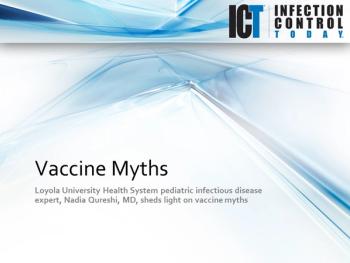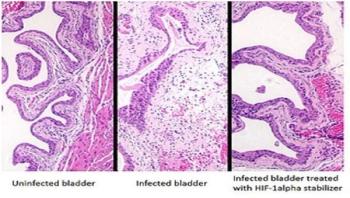
News




Following yet another highly publicized patient exposure to dangerous pathogens via contaminated endoscopes, the healthcare and sterile processing communities are examining their processes, re-evaluating their priorities, and digesting new guidelines issued by several federal agencies.

Contamination. Outbreak. Infection. These are words no healthcare facility wants to hear - especially when they are linked with events that have occurred within their own institutions.

Central Service (CS) professionals who continue to hold out on becoming certified until their state legislators or hospital executives require it are not doing themselves, their healthcare customers and, especially, their patients any favors. Also, as more states board the certification bandwagon and new technicians are required to become certified in order to hold a position in the CS department, more tenured, non-certified professionals – even those who were “grandfathered” in under state law* (meaning that the bill exempts them from having to become certified) – will likely feel the pressure and may lose out to their certified counterparts.

The field of sterile processing is awash with new technologies, ever-tightening accreditation requirements, and an overwhelming flood of cutting-edge surgical instrumentation. But are departmental certification standards and training programs keeping up with these growing trends?





A UC Irvine research team will receive up to $5 million to further develop a bloodstream infection detection system that speeds up diagnosis times with unprecedented accuracy – allowing physicians to treat patients with potentially deadly ailments more promptly and effectively. The five-year federal award is part of a National Institute of Allergy & Infectious Diseases program to fund nine institutions that will create tools to identify certain pathogens that frequently cause infections in healthcare settings – especially those that are resistant to most antimicrobials.





Urinary tract infections (UTIs) are common, and widespread antibiotic resistance has led to urgent calls for new ways to combat them. Researchers at University of California, San Diego School of Medicine and Skaggs School of Pharmacy and Pharmaceutical Sciences report that an experimental drug that stabilizes a protein called HIF-1alpha protects human bladder cells and mice against a major UTI pathogen. The drug might eventually provide a therapeutic alternative or complement to standard antibiotic treatment. The study is published April 30 by PLOS Pathogens.


Swine farmers are more likely to carry multidrug-resistant Staphylococcus aureus than people without current swine exposure, according to a study conducted by a team of researchers from the University of Iowa, Kent State University, and the National Cancer Institute.





The Americas region has become the first in the world to be declared free of endemic transmission of rubella, a contagious viral disease that can cause multiple birth defects as well as fetal death when contracted by women during pregnancy. This achievement culminates a 15-year effort that involved widespread administration of the vaccine against measles, mumps and rubella (MMR) throughout the Western Hemisphere. The announcement comes as 45 countries and territories of the Americas are participating in the 13th annual Vaccination Week in the Americas (April 25 to May 2).




